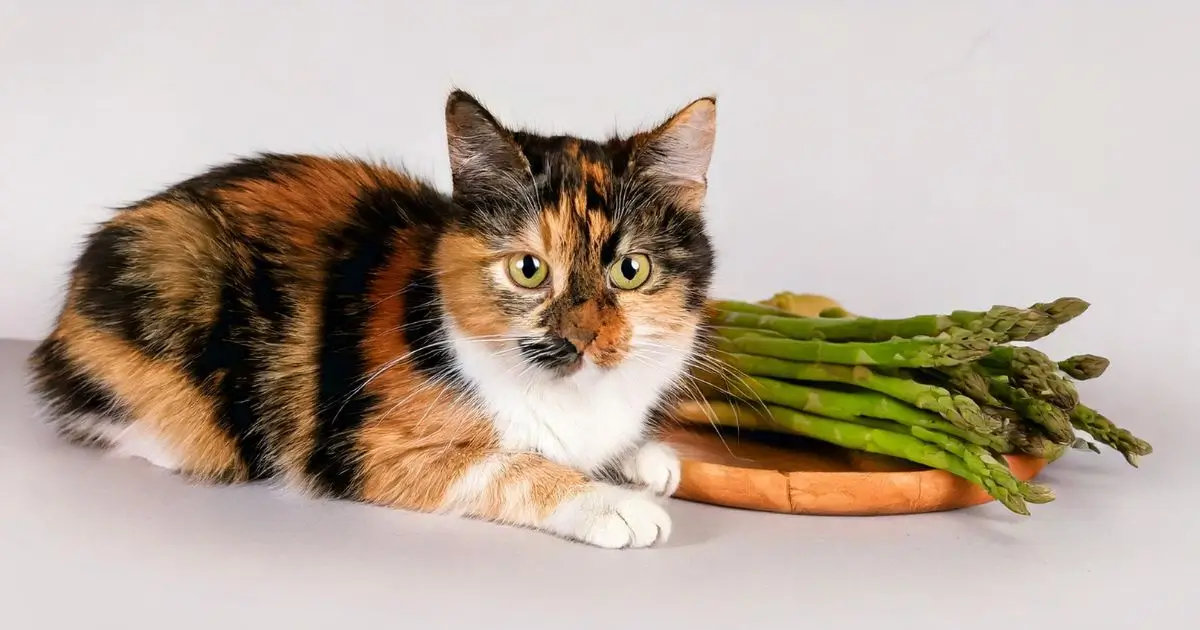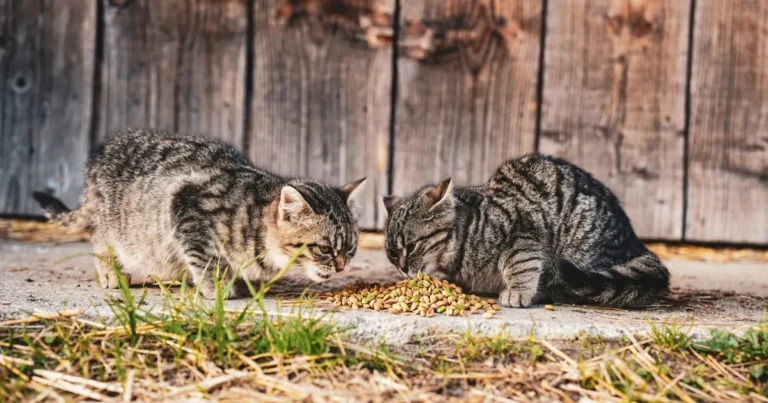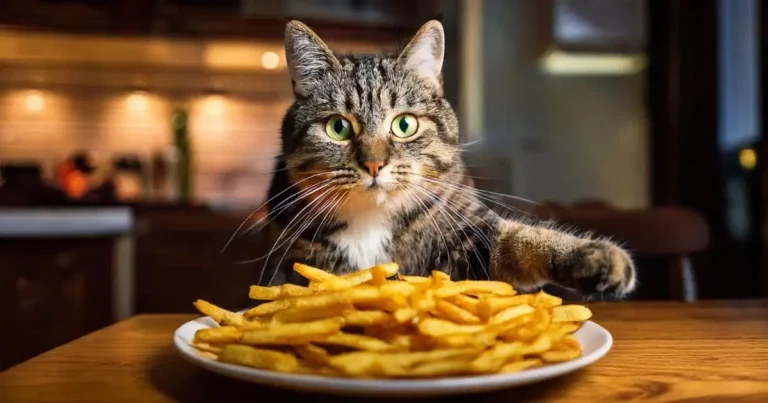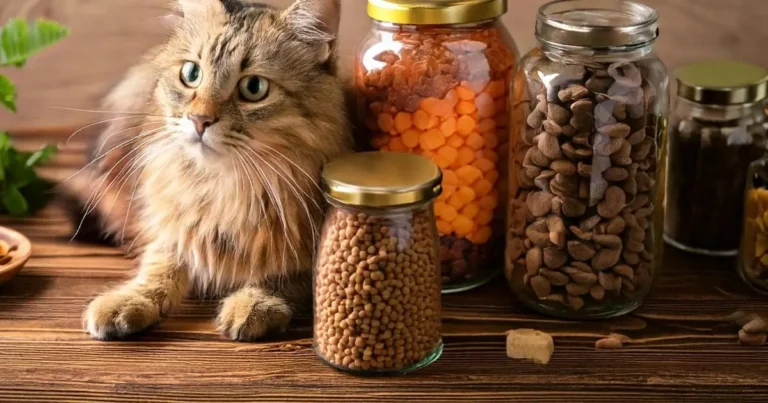Welcome to Loki & Nala Family

Table of Contents
As a responsible cat owner, you may find yourself wondering about the safety of various foods for your feline friend. One question that often arises is: Is asparagus toxic to cats? This article will explore whether asparagus poses any risks to your pet, as well as provide insights into other vegetables you might be curious about.
Understanding Asparagus
Asparagus is a nutritious vegetable packed with vitamins A, C, E, and K, along with folate and fiber. It is celebrated for its health benefits in humans, including promoting healthy digestion, reducing inflammation, and even supporting heart health. But when it comes to our pets, particularly cats, the story may differ.
Is Asparagus Toxic to Cats?
The short answer is no; asparagus is not considered toxic to cats. While cats are obligate carnivores, meaning their diet primarily consists of meat, they can occasionally nibble on certain vegetables without adverse effects. Asparagus is generally safe for cats in small amounts.
However, just because it’s not toxic doesn’t mean it’s beneficial. Asparagus does not provide the essential nutrients cats need, such as taurine, which is crucial for their heart and eye health. Therefore, while your cat may enjoy the taste of asparagus, it should never replace their primary diet of meat-based foods.
Nutritional Impact of Asparagus on Cats
While asparagus offers a variety of nutrients, the impact on a cat’s health is limited. Here’s a closer look at what asparagus contains and how it affects cats:
- Vitamins: Asparagus contains several vitamins, including vitamins A, C, E, and K. While these vitamins are beneficial to humans, cats obtain their vitamins from animal sources, making the vegetable less impactful for them.
- Fiber: Asparagus is high in fiber, which can aid in digestion for humans, but it might not be as beneficial for cats. In fact, too much fiber can cause digestive upset, leading to issues like diarrhea.
- Water Content: Asparagus has a high water content, which can contribute to hydration, but cats typically get sufficient hydration from their diet if they eat wet food.
Potential Risks of Asparagus for Cats
Even though asparagus is not toxic, there are a few considerations to keep in mind:
- Digestive Issues: Some cats may experience gastrointestinal discomfort after eating asparagus. Symptoms could include vomiting or diarrhea, mainly if they consume too much.
- Allergies: Though rare, some cats may have allergies to certain vegetables, including asparagus. If you notice any signs of an allergic reaction, such as itching, swelling, or difficulty breathing, it’s best to discontinue offering asparagus.
- Choking Hazard: The rugged texture of asparagus can pose a choking hazard, significantly if it is not cut into small, manageable pieces. Always ensure that any vegetable you offer your cat is safe and easy to chew.
How to Safely Introduce Asparagus to Your Cat
If you decide to let your cat try asparagus, here are some guidelines to follow:
- Introduce Gradually: Start with a tiny piece to see how your cat reacts. If they enjoy it and show no signs of digestive upset, you can offer small amounts occasionally.
- Cooked, Not Raw: Cooking asparagus can make it easier for cats to digest. Steaming or boiling the vegetable without any added seasonings is the best way to prepare it.
- Avoid Seasonings: Never add salt, oil, or spices to asparagus when preparing it for your cat. These additives can be harmful to felines.
Other Vegetables: What’s Safe for Cats?
In addition to asparagus, you might be wondering about other vegetables and their safety for cats. Here are a few common queries:
- Can Cats Eat Lettuce?
- Yes, Cats can safely enjoy small portions of lettuce. It is low in calories and provides minimal nutritional value. Learn more about this here.
- Can Cats Eat Kale?
- Kale is not toxic but should be fed in moderation due to its high fiber content. It does not offer significant nutritional benefits to cats. Discover more about this here.
- Is Cabbage Safe for Cats?
- Cabbage can be safely given to cats in limited amounts. However, it should be cooked to prevent gas and bloating.
- Fennel Cats: Is It Safe?
- Fennel is generally safe for cats when offered in small amounts. However, it should not be a staple in their diet.
Conclusion: The Bottom Line on Asparagus
So, is asparagus toxic to cats? No, it is not toxic, but it should be offered with caution and in moderation. Asparagus provides minimal nutritional value for felines and excessive consumption can result in digestive problems. Always prioritize your cat’s primary meat-based diet, and if you choose to introduce vegetables, do so slowly and carefully.
Grasping the types of foods that are both safe and advantageous for your cat allows you to make educated choices regarding their nutritional needs. If you’re ever in doubt about a specific food, consult your veterinarian for personalized advice.









